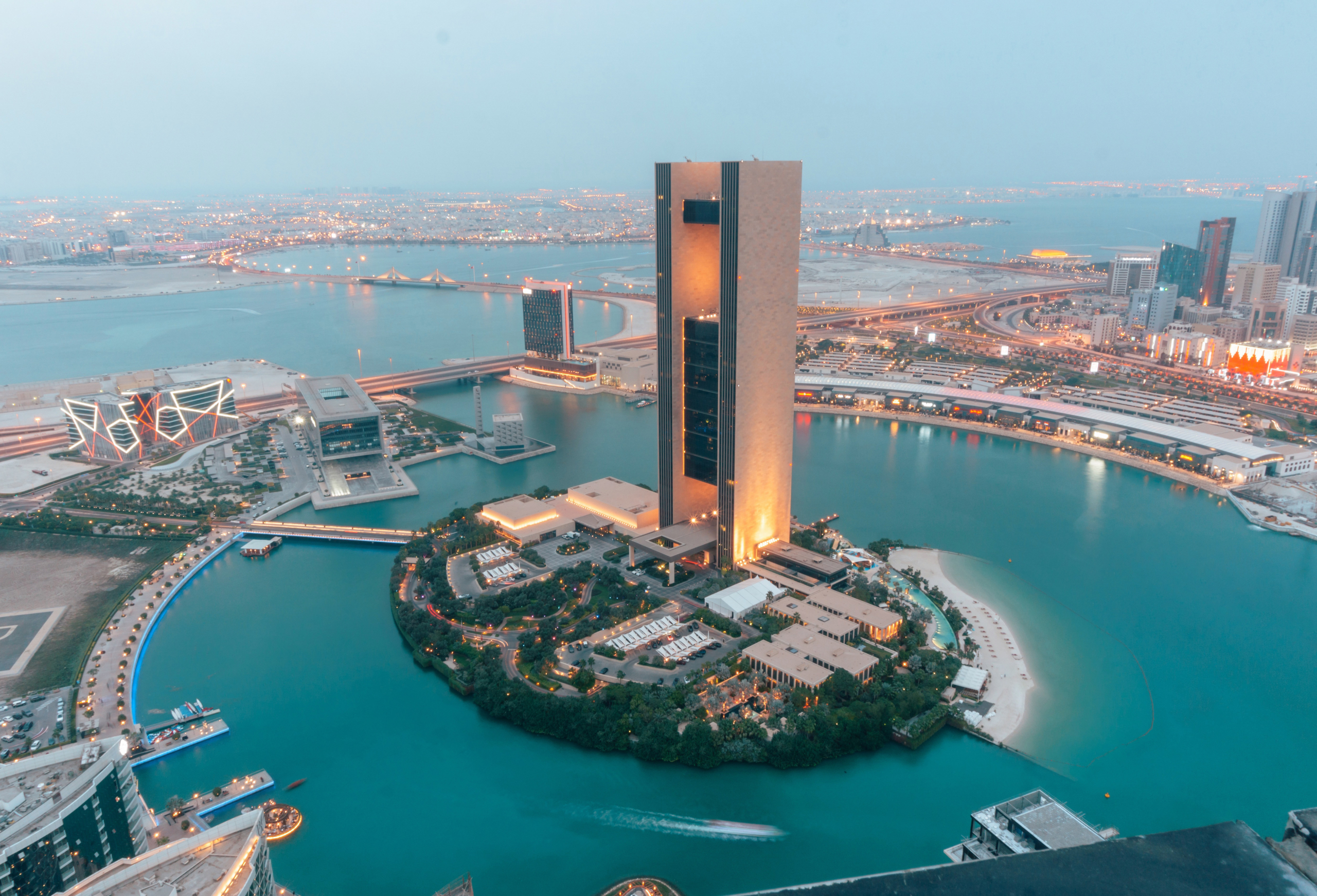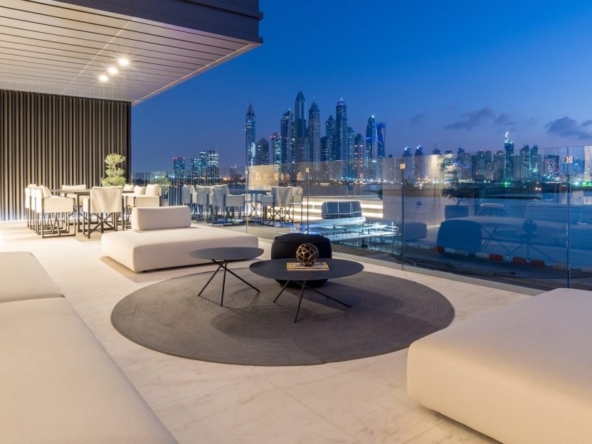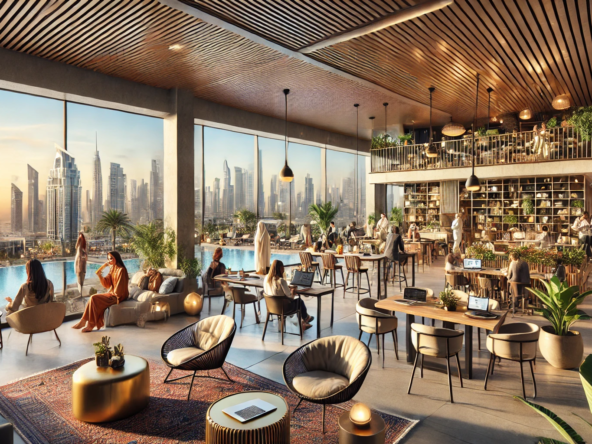The Middle East is witnessing a significant transformation, driven by rapid economic growth, modernization, and a flourishing tourism sector. Countries like the UAE, Saudi Arabia, and Oman are investing heavily in tourism infrastructure to diversify their economies. This surge in tourism has had a direct impact on the region’s real estate market, creating a ripple effect that is driving demand for properties across residential, commercial, and hospitality sectors.
In this blog, we explore how the Middle East’s growing tourism industry is shaping the real estate landscape, making it one of the most attractive markets for investors globally.
The Tourism Boom in the Middle East
Over the past decade, the Middle East has emerged as a prime destination for tourists from around the world. Dubai and Abu Dhabi in the UAE, Riyadh and Jeddah in Saudi Arabia, and Muscat in Oman have become key tourism hubs, thanks to world-class infrastructure, rich cultural heritage, and a focus on luxury experiences.
Dubai, in particular, has seen an influx of tourists, with Expo 2020, luxury shopping, entertainment hubs, and cultural attractions drawing millions. Similarly, Saudi Arabia has launched initiatives like the Red Sea Project, NEOM, and Vision 2030 to boost tourism. These projects aim to attract global visitors, expand the entertainment sector, and create new cities, all of which increase demand for real estate.
Tourism in these regions isn’t just about luxury vacations. It also includes religious tourism, especially in Saudi Arabia, where millions of pilgrims visit Mecca and Medina annually. This further stimulates demand for hotels, apartments, and residential units in prime locations.
The Link Between Tourism and Real Estate Demand
- Increased Hospitality Real Estate Development The rising number of tourists has sparked an increase in the development of hotels, resorts, and vacation homes across the Middle East. Dubai’s luxury hotel market is a prime example of how tourism drives the need for hospitality properties. With an influx of tourists and business travellers, investors are flocking to capitalize on short-term rental properties, luxury vacation homes, and hotel developments to meet growing demand.
Saudi Arabia is not far behind, with projects like the Red Sea Project creating enormous opportunities for hospitality investors. This ambitious development includes luxury resorts, hotels, and holiday homes, all designed to cater to high-end tourists.
- Demand for Residential Properties Tourism indirectly drives demand for residential real estate as well. With more expatriates moving to the region for tourism-related businesses, the need for residential units has skyrocketed. Cities like Dubai have seen a sharp increase in the demand for apartments and villas as the city continues to grow as a global business and tourism hub. These expatriates and seasonal tourists often seek short-term rentals, pushing the demand for high-quality housing.
Moreover, the rise of vacation homes as a lucrative investment option is a trend driven by tourism. Investors are purchasing second homes or holiday properties to rent out to tourists, further boosting the residential real estate market.
- Commercial Real Estate on the Rise Tourism also stimulates the demand for commercial real estate. Shopping malls, retail spaces, and entertainment centers are essential to cater to both local and tourist populations. Dubai, known for its luxurious malls and retail outlets, is a testament to this demand. The growing number of visitors has prompted developers to create shopping and entertainment centers that cater to international standards.
The influx of international brands and franchises looking to expand into the Middle Eastern market further increases the demand for high-end commercial spaces. In Saudi Arabia, the rapid development of the entertainment industry—featuring cinemas, theme parks, and other attractions—has also boosted demand for commercial real estate.
- Boost in Infrastructure and Mixed-Use Developments One of the major impacts of the growing tourism industry is the rise of mixed-use developments that combine residential, commercial, and hospitality elements in one location. In cities like Dubai and Riyadh, developers are increasingly focusing on creating integrated communities that offer everything from hotels and shopping malls to residential units and office spaces. These developments cater to tourists, expatriates, and locals alike, creating a more dynamic real estate market.
Projects like Dubai Creek Harbour and NEOM in Saudi Arabia are prime examples of mixed-use developments that are closely tied to the tourism sector. These mega-developments are designed not only to attract tourists but also to provide long-term housing and business opportunities, further driving demand in the real estate market.
The Future of Real Estate in the Middle East’s Tourism Sector
As tourism in the Middle East continues to grow, its impact on the real estate market will only become more pronounced. With governments across the region investing billions into tourism infrastructure, we can expect a continued increase in demand for hotels, resorts, residential properties, and commercial spaces.
The shift toward sustainability and smart cities will also play a crucial role in future developments. The UAE and Saudi Arabia, in particular, are focusing on creating eco-friendly tourism destinations and integrating smart technology into real estate developments. These efforts will likely attract both tourists and real estate investors interested in sustainable and innovative properties.
Additionally, the rise of digital tourism services, driven by AI and technology, will further push demand for smart homes and automated hospitality solutions. This will open up new opportunities for investors looking to capitalize on tech-driven real estate developments in the Middle East.
Conclusion
The Middle East’s booming tourism sector is undoubtedly a driving force behind the region’s real estate demand. From luxury hotels and vacation homes to commercial spaces and mixed-use developments, the tourism industry’s growth has created a ripple effect across all sectors of real estate. As countries like the UAE and Saudi Arabia continue to prioritize tourism as part of their economic diversification strategies, the opportunities for real estate investment will only expand, making the region an exciting prospect for property developers and investors alike.
At Seabeats.ae, we specialize in navigating the thriving Middle Eastern real estate market. Whether you’re looking for investment opportunities in hospitality, residential, or commercial properties, we can help you make the right choice in this booming sector.





